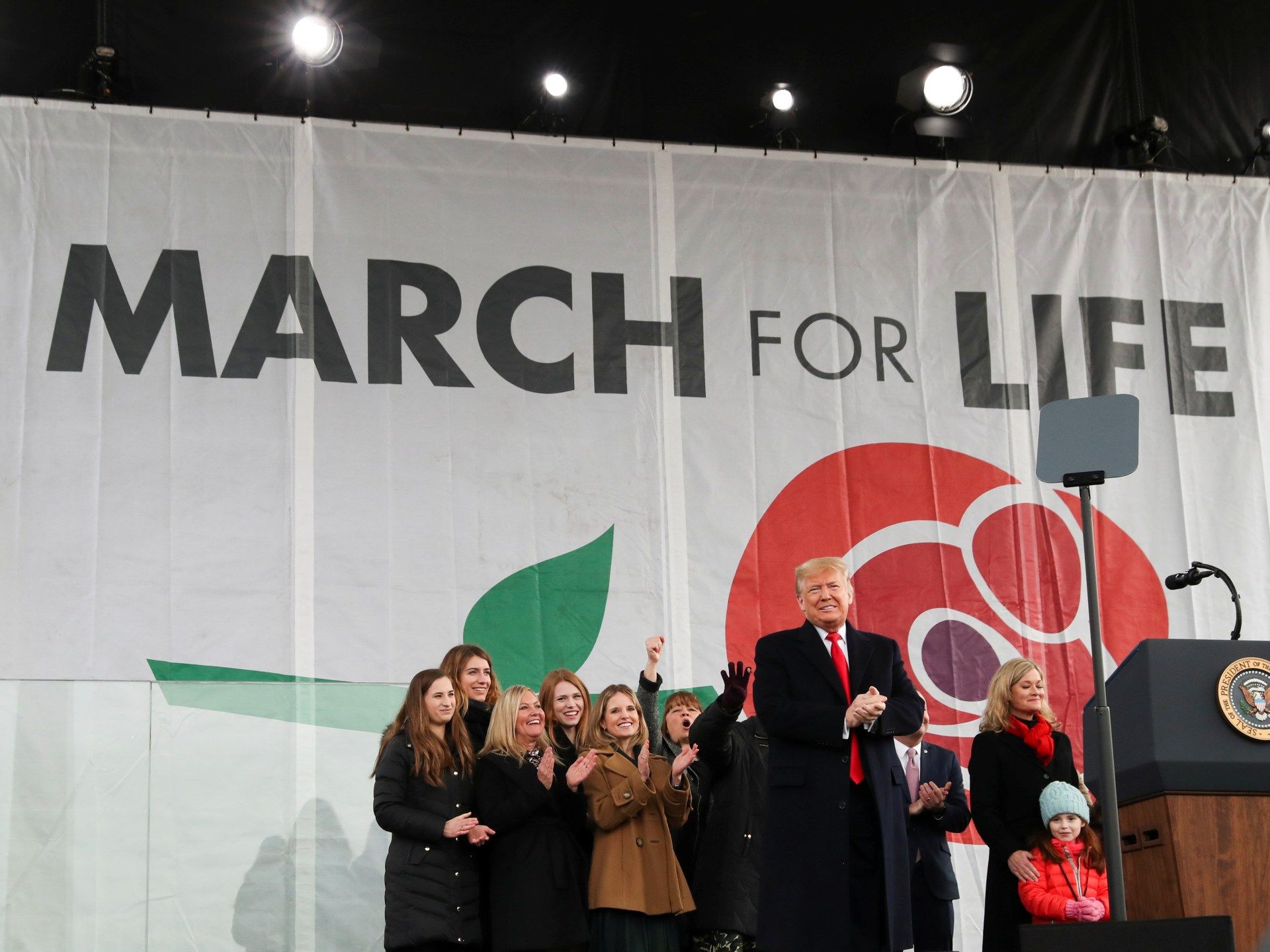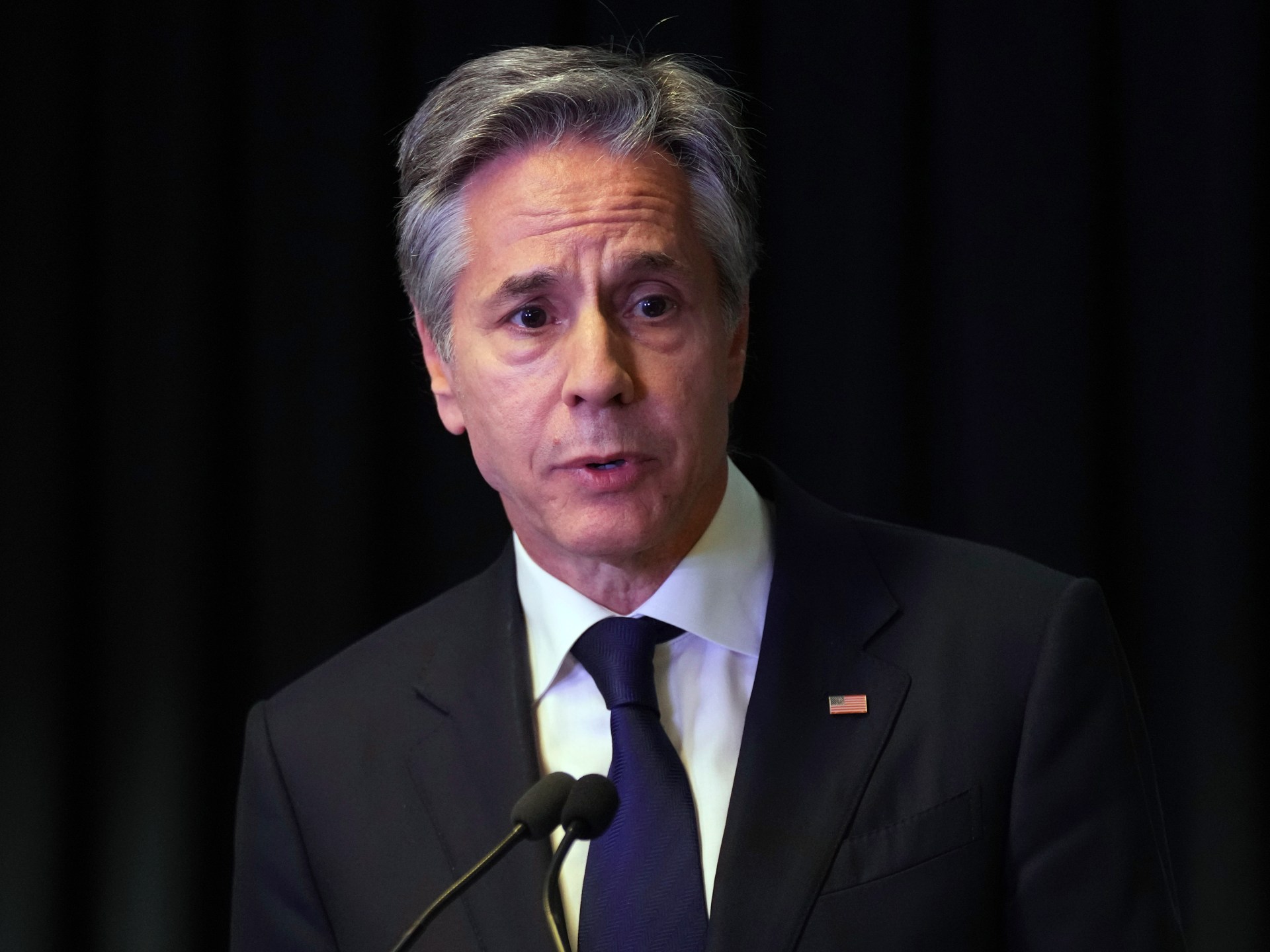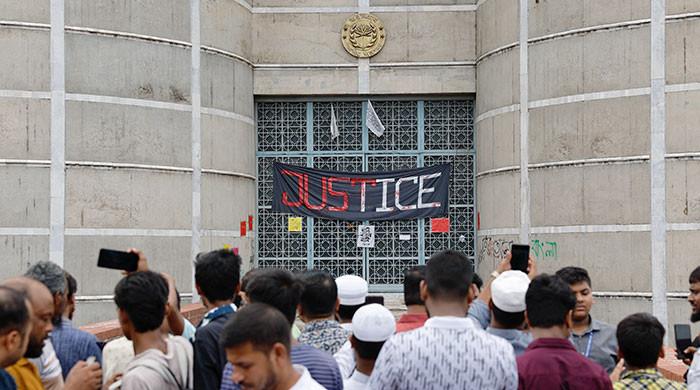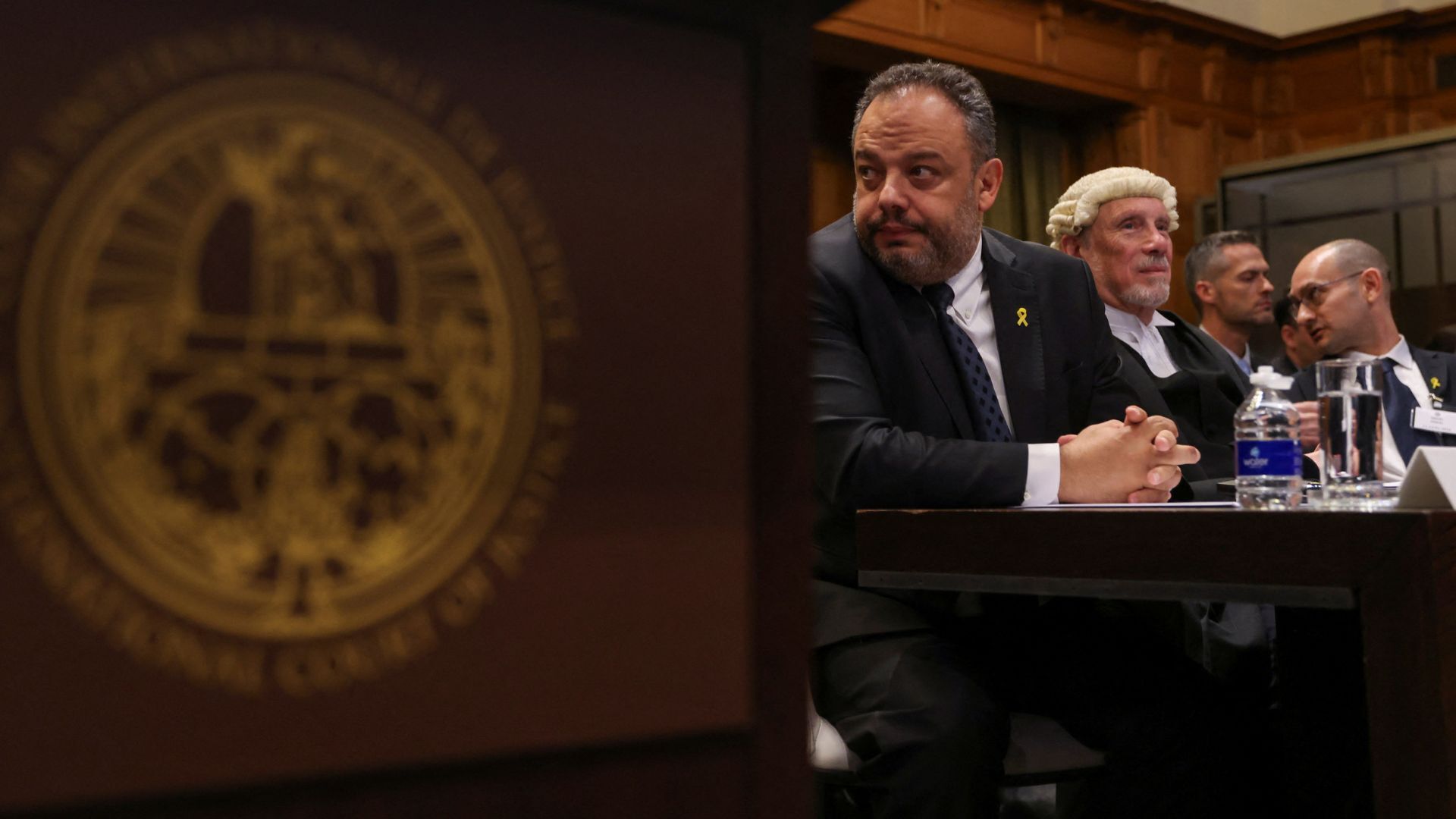With the presidential campaign underway in the United States, abortion rights are emerging as one of the defining issues of the 2024 elections. President Joe Biden has placed it at the top of his electoral agenda, seeking to rally progressive voters and women. Polls have consistently shown that a majority of Americans support keeping abortion legal, while a series of legislative efforts to pass abortion bans in Republican-dominated states have failed.
That has caused former President Donald Trump to reconsider his own campaign strategy on the issue. Fearing alienating moderate voters, he has significantly toned down his rhetoric on abortion rights, recently indicating that he would not sign a national abortion ban.
This is not the first time Trump has taken a step back on a key issue of public interest. He did it during the COVID-19 pandemic when he dressed up his support for vaccines with warnings about “personal liberties” to please his base of support. But this time, this strategy may backfire.
To be clear, Trump does not care substantially about abortion rights. He appears to have gone from being “very pro-choice” in 1999 to being “pro-life” in 2011 and advocating legal punishment for women who have abortions during his 2016 campaign.
However, Trump does care about winning, or more precisely being perceived as a winner. That's why, as recently as last year, he took credit for “killing” Roe v Wade, the landmark case that guaranteed the right to abortion until the Supreme Court overturned it in 2022.
“After 50 years of failure with no one even coming close, I was able to kill Roe v Wade, much to everyone's 'shock,'” Trump posted on his Truth Social platform last year, adding: “Without me, the movement pro-Life I would have just kept losing.”
The problem Trump has now is that the MAGA group sits too far to his right on the abortion issue and he doesn't seem able to control them. In fact, tempering his rhetoric on abortion may alienate some of his supporters, especially the white conservative evangelical base.
For evangelicals, the fight against abortion has been the centerpiece of their tacit agreement with Trump: We will ignore your many moral and legal failings as long as you push our agenda. They may perceive Trump's moderation of rhetoric as a betrayal of this agreement at a time when they have been building momentum toward eliminating all legal abortions in Republican-controlled states.
Trump could try to retain these voters with other issues, such as LGBTQ rights, exaggerated narratives about urban crime, etc. But that may not be enough.
Trump is already feeling the pressure from conservatives. In April, Republicans in the Arizona state Legislature blocked a Democratic-led effort to repeal an 1864 law banning abortion, defying Trump, who had said the ban “went too far.” Days later, former Vice President Mike Pence, a devout Christian, criticized his former boss in an op-ed in the New York Times, accusing him of “backtracking” on the abortion issue, showing “weakness” and “leading other Republicans astray” by encourage moderation. .
In early May, moderate Republicans in Arizona joined with Democrats to repeal the 1864 law, but conservatives continued to defend the abortion ban.
State-level Republicans' enthusiasm for restricting abortion and their stubbornness in the face of calls for moderation, even from fellow Republicans, create a challenge for Trump. Therefore, he may change strategy and avoid confronting abortion hardliners.
This seems to already be in play. Recently, Trump was scheduled to virtually address his supporters at an event organized by the Danbury Institute, an ultraconservative organization that seeks to completely ban abortion, which he considers “child sacrifice.” However, instead of giving a speech, his campaign sent a two-minute recorded message to be played to the audience in which he made a brief reference to protecting “innocent life,” but otherwise avoided complete the abortion issue.
No matter how hard he tries, Trump will not be able to avoid an issue that is mobilizing voters against the Republican Party, especially since the Biden campaign has already begun to hang the albatross of abortion around his neck.
The issue will almost certainly come up in one or both of the debates the two candidates agreed to have, and several states like Florida will put abortion measures on the ballot in November.
Trump could also try to sell his followers on the idea that it is politically expedient to moderate, at least until after the election. But many of his most fervent anti-abortion supporters are eager to capitalize on the successes they have had during and after his first term.
Trump may therefore find it difficult to contain the political forces he has unleashed, a reality that could end up costing him and his anti-abortion supporters victory in November.
The views expressed in this article are those of the author and do not necessarily reflect the editorial position of Al Jazeera.












